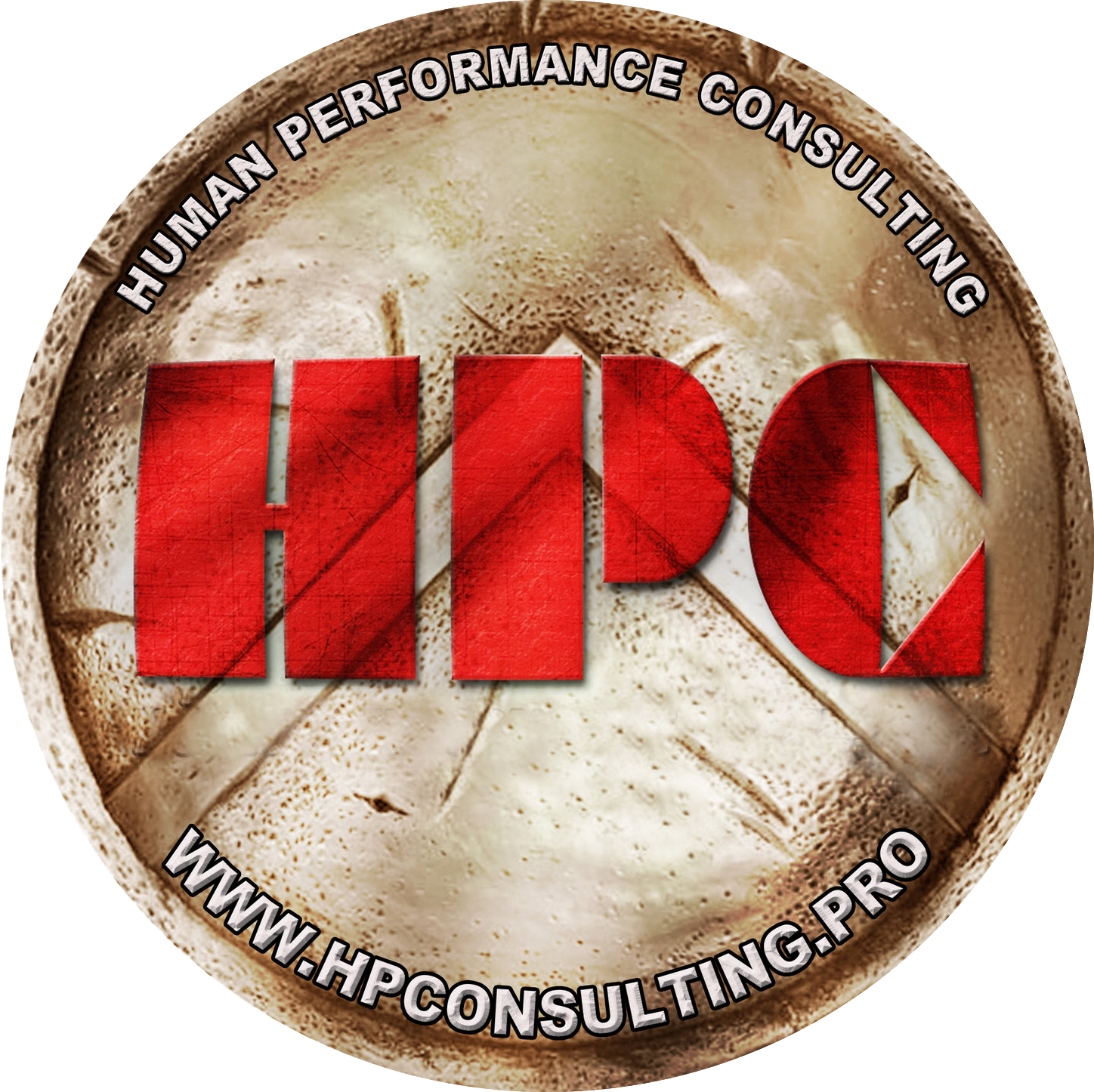Teams and Groups
This week, we talk about groups and teams and the similarities and differences between them. Have you ever been on a winning team? What did that feel like? Conversely, have you ever been in a group of individuals that you wish performed more like a team? Groups and teams are fascinating concepts that are as old as Homo Sapiens themselves; both essential for survival and both complicated entities that we need to study further.
Team
A team is a group of individuals that come together with a common mission and purpose; furthermore, they are trained to do that mission and accomplish its purpose. When a team is newly formed, one could say that the team is still a group and not a team. The team must undergo the classic 4 stage process to become a fully developed and operational team: forming, storming, norming and performing.
Forming
The forming stage is when the team is more like a group than a team; the individuals figure out what they are going to do and where they will fit in the future team, and they learn about the mission and purpose what they will be doing.
Storming
This phase is when individuals of the team test themselves against each other, where egos emerge and eventually get set aside for operational effectiveness. The storming phase is where the individuals of the team get to know each other, whether they want to or not!
Norming
The norming phase is when values are perfected, and roles are learned and practiced. This is my favorite part of the phase because it involves training. Training is the lifeblood of the team and the quality of this training determines how seamlessly the team flows into the final phase of the team.
Performing
The performing phase of the team is when individuals are operating at their most effective level. This phase is difficult to get to and involves all the previous phases going through their life cycles. Even in the performing phase, however, we can see elements of the previous phases (hopefully briefly) manifesting themselves if things go wrong. This is normal and hopefully whatever happens can be solved quickly and effectively so that performing returns to the highest level possible.
Group
We, as Homo Sapiens, have an uncanny ability to gather together in large groups and be orderly. This ability is derived from the notion that we believe in fictitious phenomena, such as laws, governments, corporations, and even money (Harari, 2015). These items are not concrete in nature. One cannot “see” the government or money. They are just symbols that stand for something that makes us feel a certain way, or act in a certain direction. Because of these beliefs, we gather in orderly groups and even have fun doing so. I remember seeing the Eagles in concert when I was in college (I am dating myself I know) and the Stadium in San Diego (Jack Murphy Stadium) was packed with thousands of people. This group was orderly, did not destroy the place, and had a lot of fun that night. No other animal on the planet could have gathered in such an orderly manner. Imagine what the stadium would have looked like with thousands of chimpanzees watching the concert. Pure chaos. The difference between a group and a team is that a team takes effort, purpose, training and execution to harness its energy. A group is simply individuals gathered together but not working together towards a common purpose.
Assignment
Look at the associations that you have in your life. Do you belong to more groups or teams? Teams take more effort, but are in the end more rewarding to be on and much more fun. Groups really don’t know where they are going and lack purpose. As you know, we all need purpose in our lives. That’s what teams provide. Look at your own family group or even the relationship that you have with your spouse or significant other. Are you part of a group or team there? If you are part of a group, what steps do you need to take to transform that group into a team? You know that it will take some effort and even some meticulous planning, but with the proper planning and execution, anything is possible. The incredible feeling that you get when you are part of a team; all individuals working together, helping each other out, and working towards a common goal, is truly life changing.
“Lean into it!”
Dr. N


